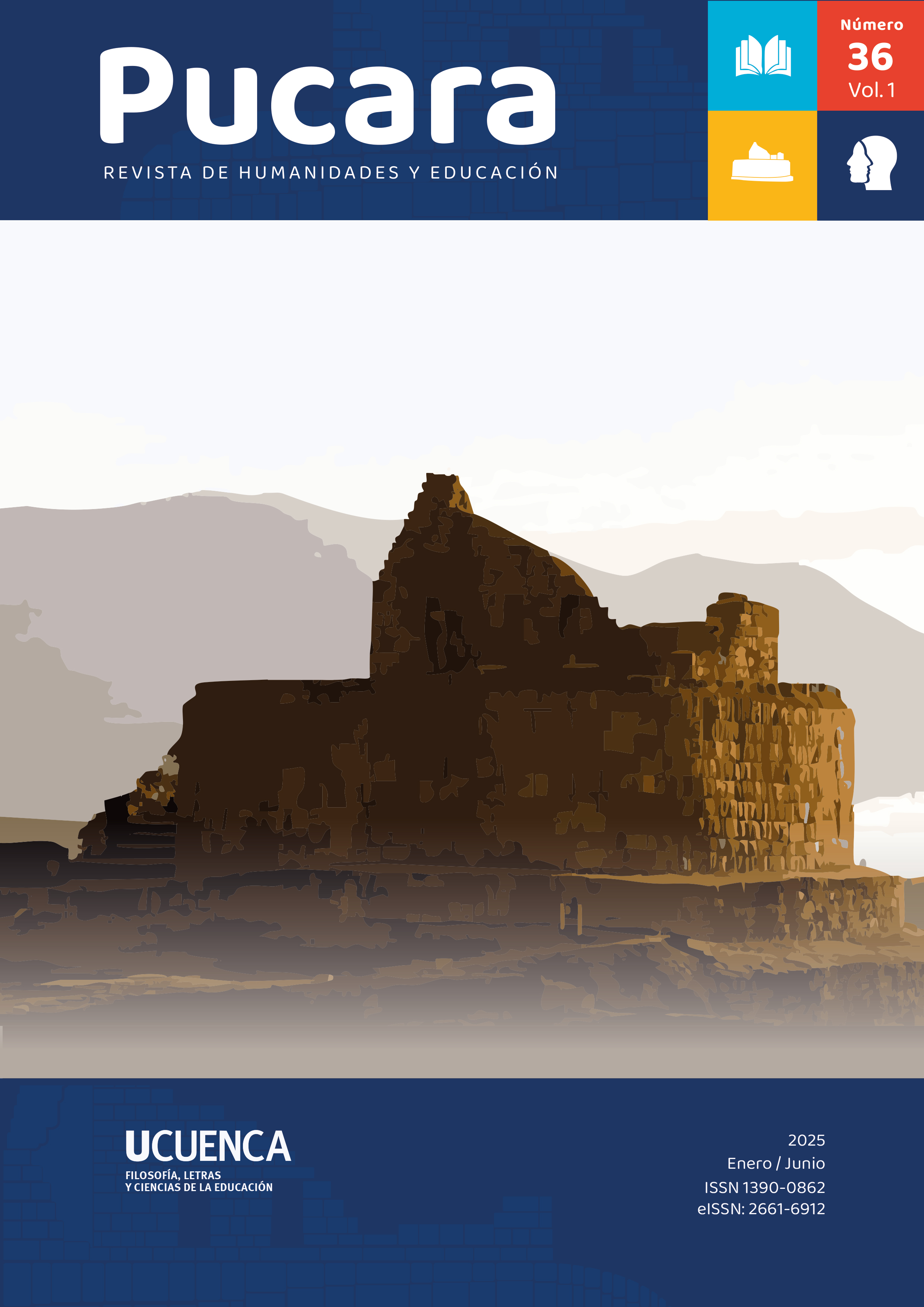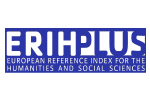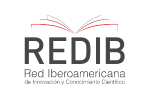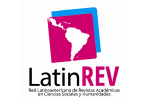I tú: Cecilia Vicuña or the poetics of the broken language
DOI:
https://doi.org/10.18537/puc.36.01.04Keywords:
broken language, linguistic hybridity, nomadism, precariousness, performativityAbstract
This essay proposes a linguistic analysis of Cecilia Vicuña’s poetry collection I tú (2004) in order to explore how linguistic fragmentation, nomadism, and hybridity constitute a poetics that resignifies the notion of the “broken language” as a space for creation and resistance. It examines how the inherent limitations of fragmentary language are transfigured into a performative act that challenges and reconfigures traditional notions of linguistic and cultural identity in border contexts. Furthermore, it proposes conceptualizing the “broken language” as both a metaphor and an epistemological tool for rethinking the role of language in exilic and nomadic experiences. The analysis articulates the concepts of precariousness, hybridity, and nomadism present in Vicuña’s work, proposing a theoretical model for understanding the border language as an identity in constant transformation.
Downloads
References
Agamben, G. (2011). Desnudez. Adriana Hidalgo editora.
Anzaldúa, G. (1987). Borderlands/La Frontera: The New Mestiza. Aunt Lute Books.
Barthes, R. (2015). Fragmentos de un discurso amoroso. Turolero.
Dasseleer, C. (2020). La hibridez como heteronomía de la poesía contemporánea. el caso de la obra de Cecilia Vicuña. Actio Nova: revista de teoría de la literatura y literatura comparada (4): 495-517. https://doi.org/10.15366/actionova2020.4.021
Gamboa, J. (2012). Cecilia Vicuña. Trama y urdimbre de la palabra: el tejido / texto. Revista de literaturas populares 1(7): 505-521. http://rlp.culturaspopulares.org/textcit.php?textdisplay=574
Guiñansaca, S. (2023). Nostalgia y Fronteras. Severo Editorial.
Lippard, L., Vicuña, C., y Varas, P. (2014). Artists for Democracy: el Archivo de Cecilia Vicuña. Museo nacional de Bellas Artes.
Mayet, G. (2021). Samuel Beckett, la poesía de lo imposible. Beckettiana. (18): 29-42. https://doi.org/10.34096/beckettiana.n18.10838
Monteleone, J. (2001). La pregunta por el objeto (Genovese, Freidemberg, Kamenszain, Bellessi). Literatura Argentina: Perspectivas de fin de siglo. (2): 59-108. Impreso.
Prieto, J. (2016). Hilos transversales. Nomadismo en la poesía de Cecilia Vicuña. O Ette y J Prieto (Eds.), Poéticas del presente: perspectivas críticas sobre poesía hispánica contemporánea, (pp. 237/258). Iberoamericana Frankfurt am Main.
Rojas, G. (2022). Teoría de la poesía en Sabor a mí y Palabrarmas de Cecilia Vicuña. Árboles y Rizomas, 1(4): 109-118. https://doi.org/10.35588/ayr.v4i1.5378
Vicuña, C. (2004). I tú. Tsé Tsé.
Published
How to Cite
Issue
Section
License
Copyright (c) 2025 Néstor Fernando Prieto Rojas

This work is licensed under a Creative Commons Attribution-NonCommercial-ShareAlike 4.0 International License.
Copyright © Autors.

You are free to:
 |
Share — copy and redistribute the material in any medium or format |
 |
Adapt — remix, transform, and build upon the material for any purpose, even commercially. |
Under the following conditions:
 |
Attribution — You must give appropriate credit, provide a link to the licence, and indicate if changes were made. You may do so in any reasonable manner, but not in any way that suggests the licenser endorses you or your use. |
| NonCommercial — You may not use the material for commercial purposes. | |
| ShareAlike — If you remix, transform, or build upon the material, you must distribute your contributions under the same license as the original. |
| No additional restrictions — You may not apply legal terms or technological measures that legally restrict others from doing anything the licence permits. |












